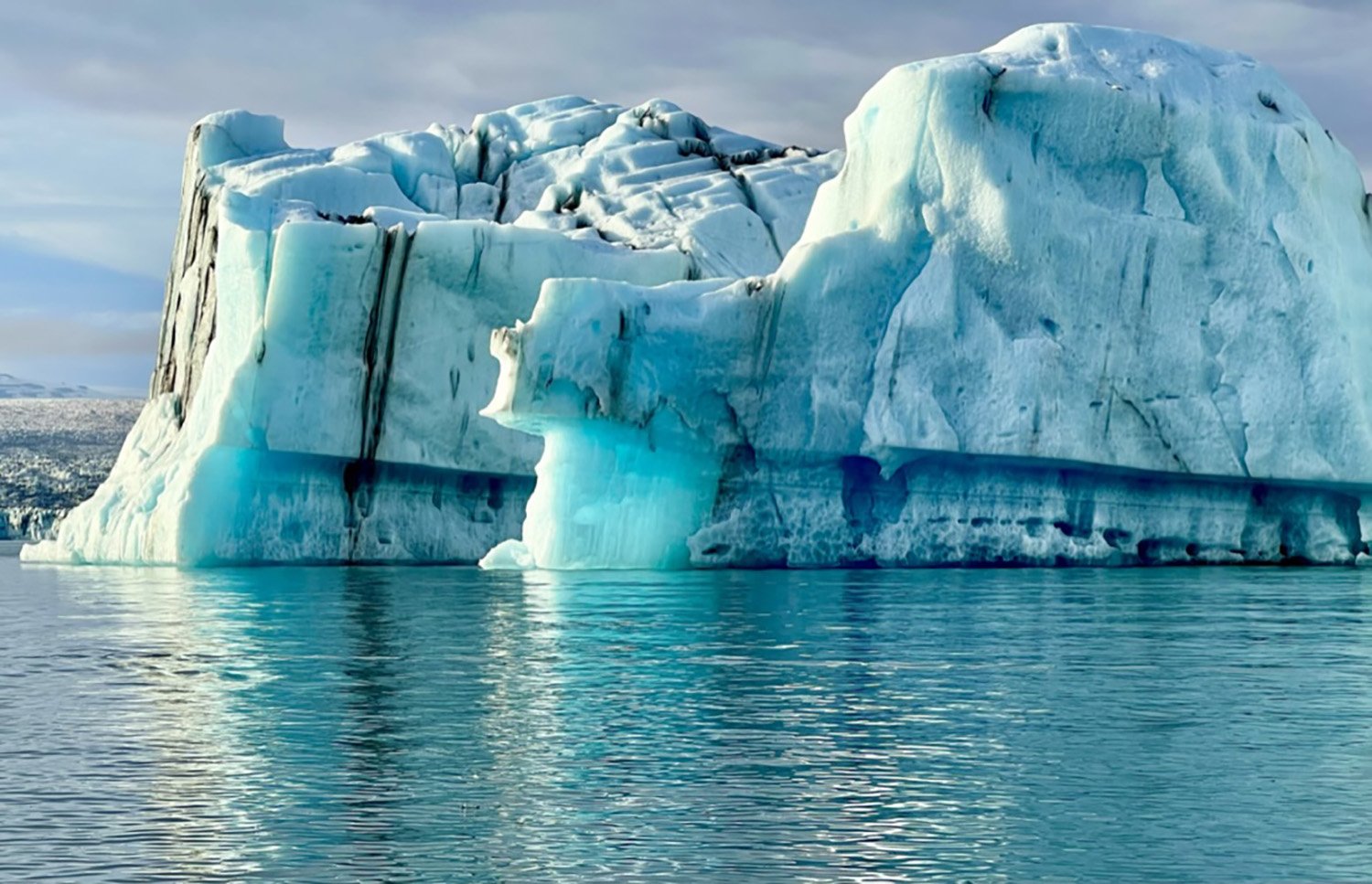photograph © anne mcclintock
FLUID FUTURES AT A GLANCE
Fluid Futures is a creative hub that gathers together in intimate conversation stellar writers and artists; natural and social scientists; multi-media creators; historians and myriad knowledge keepers to engage the planet’s urgent and enduring water challenges.
An animating question of Fluid Futures is how to voice, witness and honor the lived experiences, memories and perspectives of those who bear the everyday brunt of environmental loss and transformation, in order to reimagine the past, and thus refigure novel and existing strategies for local and planetary change.
Fluid Futures comprises three, braided aspects. First, a through-line called the Fluid Futures Forum is distinguished from existing scholarly events by an original format. The Fluid Futures Forum hosts in-depth, intimate conversations in monthly discussions. Participants share creative, speculative or public writing; research publications; art, film, photography, music, data visualization and animation, to foster creative and interdisciplinary water collaborations.
The Forum will culminate in an immersive, multi-media three day event starting on Earth Day, April 22, 2024, called Fluid Futures: Coming to Our Senses. We will host stellar artists, scientists, musicians, sonic, virtual, augmented reality, projection and animation creators, to engage and reimagine the planet's fluid pasts and futures.
Featured themes include: changing oceans and ice; floods and fires; habitat and biodiversity loss; forest felling; water scarcity and insecurity; atmospheric rivers and shrinking groundwater; migrations and displacements; law, property and extractive violence; industrial toxicities and nuclear fluidities — in a social context of environmental / climate justice, broadly conceived.
Fluid Futures is animated by the vision that we need to come to our senses in all meanings of the phrase, and engage all disciplines and art forms, so as to reach diverse publics and foster transformative action in an era of global change.
ANNE MCCLINTOCK
PRINCETON UNIVERSITY
High Meadows Environmental Institute
Program in Gender and Sexuality Studies
©2023 ANNE MCCLINTOCK ALL RIGHTS RESERVED.


